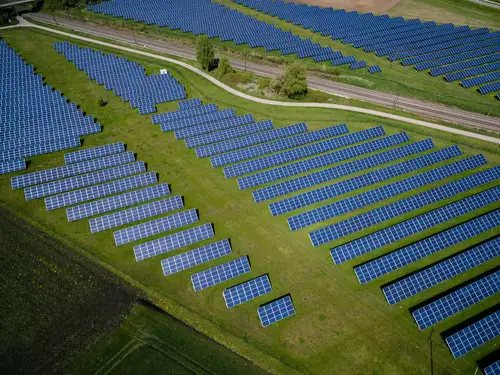During a visit to Beijing on Saturday, US Treasury Secretary Janet Yellen told Chinese government officials and climate experts that the world’s two largest economies, the United States and China, would have to work together to confront the “existential threat” of climate change.
Yellen noted that both governments have sought to support emerging markets and developing countries while striving to meet their climate goals, as they have made possible breakthrough advances like the 2015 Paris Agreement.
In prepared remarks, Yellen said, “Continued U.S.-China cooperation on climate finance is critical. As the world’s two largest emitters of greenhouse gases and the largest investors in renewable energy, we have both a joint responsibility – and ability – to lead the way.”
She said it would be easy to efficiently and effectively finance such initiatives, adding their impact could be enhanced by Beijing’s existing support for several multilateral climate initiatives like the Green Climate Fund, and the Climate Investment Funds, which it engages along with Washington.
China is the second largest market for climate funds after Europe, surpassing the US after more than doubling investment since 2021 to $46.7 billion, according to Morningstar data.
However last year, the World Bank asserted that China would require as much as $17 trillion invested in additional green technology and infrastructure in its transport and power sectors, if it is to attain its net-zero carbon emission goals by 2060, which emphasizes the degree to which it will require additional private investment.
Echoing the World Bank, Yellen said, “It is also critical that we encourage economy-wide transitions toward net-zero, which needs to include the private sector.” She added that is was vital the investment be “interoperable” with the economic systems of both nations, the US and China.
Yellen noted that at the upcoming Group of 20 finance ministers meetings in India, she was eager to hear recommendations from the working groups on climate change, including the presentation from the Sustainable Finance Working Group, which is co-chaired by the United States and China.
She noted that group had already in recent years created a roadmap for sustainable finance, held workshops on carbon pricing policy levers, created a transition finance framework, and generated a number of recommendations with respect to climate finance.
She added, “This is a good of example of what our bilateral cooperation can achieve – and we should build on it in multilateral forums.”

